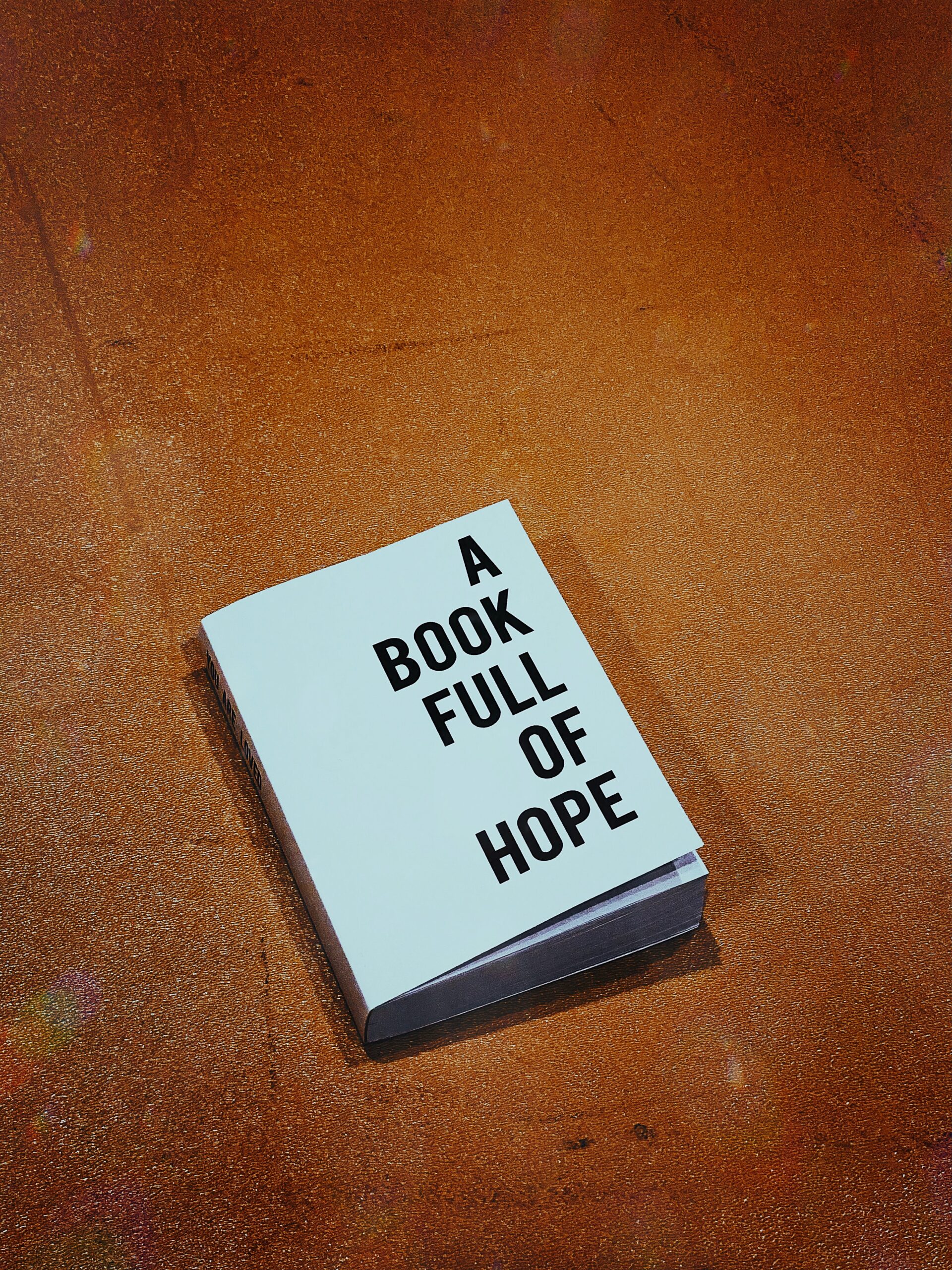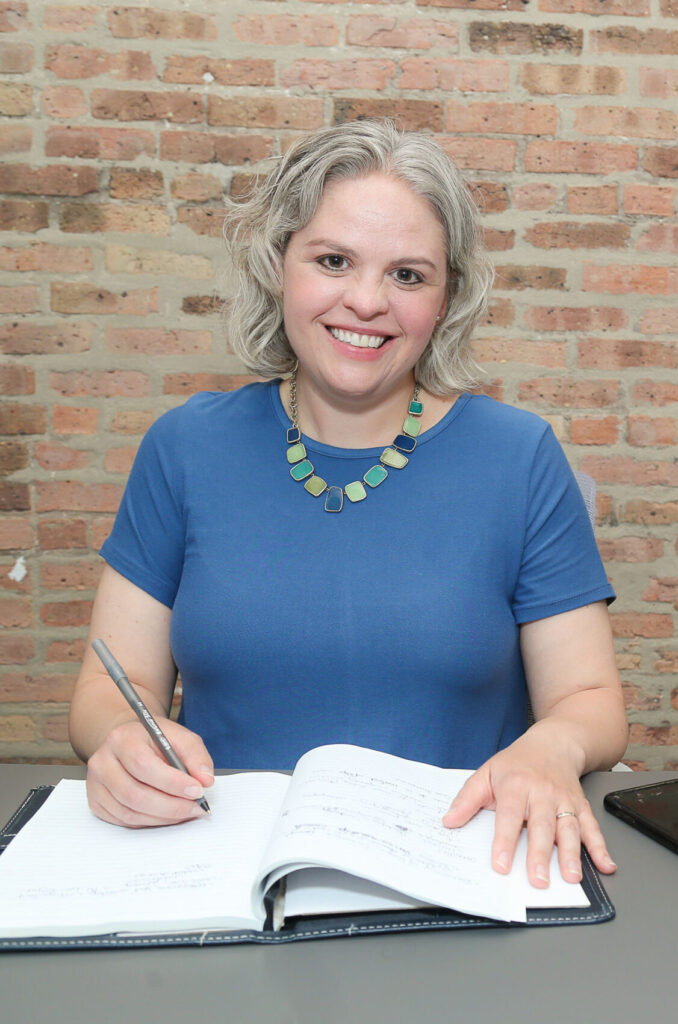
You do have a powerful story. You might not think so yet, but you do. Recently, I wrote a Medium article on how I discovered the power of my own story. Until I went through the process myself, I thought the story of my life was very average. In my eyes, my life was ordinary, not anything extraordinary. But ordinary to one person is interesting and complicated and challenging and inspiring to another person. And the world needs your stories. You are the inspiration to someone else. The world needs you to learn how to tell your story.
You need your story too. We haven’t all explored our own stories, at least not in great depth. But when you know your story, you gain a self-awareness that can lead to healing, authenticity, and a voice.
So what do you do if you don’t feel like you have a powerful story of your own? And let’s face it, in the grind of life, everyone has seasons when life loses its luster. No one is exempt from facing moments of discontent where the world around us looks boring and uninteresting. We each have days when we get tired of the status quo — whether the status quo be our home, our job, our marriage, or our neighborhood. But all of these are details in a much larger frame. Without the bigger picture, the whole of the story gets lost. Your story doesn’t need to be big to be powerful. Quiet stories of triumph proclaim possibility. Self-reflective stories hold lessons. Unselfish stories hold wisdom.
When you don’t know how the threads in your life weave a cohesive narrative, you explore your past, present, history and goals.
Here are the five questions to begin your exploration:
What were your external circumstances over which you had no control?
Your circumstances are part of your story. External circumstances are often far beyond your control and include your location of birth, your ethnic background, the religious culture you were born into, and your socioeconomic status. Your circumstances also include the granular aspects that may not appear as eminently important as the more obvious characteristics others can easily know about you. What year were you born? Did you move frequently as a child or stay in one place? Did you attend small schools or large schools, public ones, or private?
Each of these distinctions inform your worldview. I was born in 1979. My generation was the last to make it all the way to adulthood without constant connectivity. I experienced objects like landline phones, calling cards, and pagers as communication tools. I am young enough to adapt to new technology easily, but old enough that I resist excessive use of digital tools or automation.
What you interact with shapes what you believe about society. You must identify those specifics to understand what formed you. You don’t identify these changes to necessarily change your outlook, although sometimes you should. You recognize where you are situated because it determines who, what, where, and how you connect with others.
What are things you have done that are unique?
Everyone has unique or unusual experiences. But you are likely to undermine the uniqueness of your experiences until you overlay them with the external circumstances you have no control over. When I was nineteen and twenty, I worked in construction. I do not need to look up data from the Bureau of Labor Statistics to know that working construction is not a terribly unique job. Thousands of people do it, and plenty of women are construction workers, although it is a male dominated field. But it was unique enough for someone of my height, weight, age, appearance, and social position that people would pull over to the side of the road to comment on the fact that my 5’3″ petite self was easily hauling multiple sheets of plywood larger than myself up a flight of stairs. I don’t think of that experience much anymore, but just last week my husband and I purchased new hardware floor to finish our basement. As we carried in boxes of flooring, I reminded my husband — “balance the boards on your shoulder; don’t carry it in your arms. It’s easier.” He admitted I was right. My construction experience from decades ago still informed my perspective today. Construction as a job was not unique in itself — it was construction coupled with everything else about me.
You have likely done things that are unusual for someone in the social circumstances into which you were born. If you have not, the life you have lived still has characteristics of diversity. Maybe your story is necessary for those who are unlike yourself.
Who has impacted you?
Someone has impacted your life. In fact, many people have impacted your life as you have lived it. Those people might be older than you, younger than you, peers, distant strangers, speakers, mentors, friends, or family. Each one of their individual impacts on your story might be positive or negative. Some people impact you for a short season or brief moment in our lives, while others impact you with their ongoing presence and the stability they offer.
When you explore the ways in which the stories of others overlap your own, those moments become models for either who you want to be, or what you don’t want to do. You are also that person for someone else. The past imprints left by others also become frameworks for how you view your own relationships. I worked in many male dominated fields, and had several key male bosses that deliberately acted as mentors to me. While I have experienced some gender discrimination over the course of my career, it has been the exception rather than the rule. Although I know this isn’t the experience of many women, these male role models informed how I approach leadership and mentorship of others. I need to stay conscious of this fact, particularly when I lead other women who have not had this experience.
When I don’t take into account the ways in which my experiences have influenced my interactions, I make assumptions about what others have accessed or learned throughout their own lives.
Influence is inevitable; positive influence is not.
What moments have stayed with you?
To this day, I still recall a chapel sermon I heard in 1997 and graduation speech from 2003. I can recollect random interactions that made a deep imprint on my outlook, such as the first time I walked into the home of a grade school child I was tutoring and realized the only furniture in the apartment was a set of broken mattresses. I also remember off-handed compliments and criticisms I received throughout the course of my life.
If the people involved in some of those interactions knew I still remembered them, they would be shocked. You probably have many of those moments too. It is easy to understand why your negative history has stayed with you. Everyone also has gigantic, highly memorable moments. Every American alive in 2001 knows where they were on September 11. People remember the day they received horrific bad news that changed their lives.
I’m talking about the subtle moments in your life — the conversations no one really expects you would remember because it was just a passing conversation to the other party. But many of the positive and deeply personal moments illustrate your values and demonstrate what and who are important to you. Those moments often surface something meaningful and important. And they take some digging to uncover. What do your memories say to you?
What inspires you to action?
You have unique skills and expertise, and you also have hobbies and interests. Your inspiration is more information that contributes to your story’s theme. Your past experiences also have likely contributed to what inspires you now. What inspires you is often is not the thing you do, but the emotion that moves you.
Money often inspires many people, but money is really merely a tool. Money reflects the potential for choice. Even billionaires are making choices with their money. Although they have nearly unlimited potential to spend, many often choose to retain rather than redistribute to the employees that make their wealth possible. Money motivates people because it offers options. If you don’t know what inspires you, look for the option you are seeking with the money you spend. Maybe it is health. Maybe it is time with family. Maybe it is doing good in the world in a very specific way.
I write because words have the ability to change perspectives. It is part of what inspires me. When I see my words reach around the world, I understand my impact is bigger than I could possibly have imagined. You may not immediately know what inspires you, but is the last piece of the puzzle in putting together the picture of your journey. It is the piece that points you to where you are going.
Weave the answers to all of these questions together and you will begin to identify a narrative. No one of these components stands alone in shaping your story. All the things you think are mundane about yourself actually are — in isolation from the whole of your journey.
There are millions of 42-year-old White women in America that grew up in the suburbs, just like me. There are millions of other people who share the same surface characteristics as you do. But you are not your stereotypes. You are your story.
Your story is bigger than one job, one moment, one success or failure. Your story does not ever need to be written in a book or shared on a stage to matter. Your story influences people one-on-one, in the context of personal relationships. There is someone in this world that needs you to understand your story.

